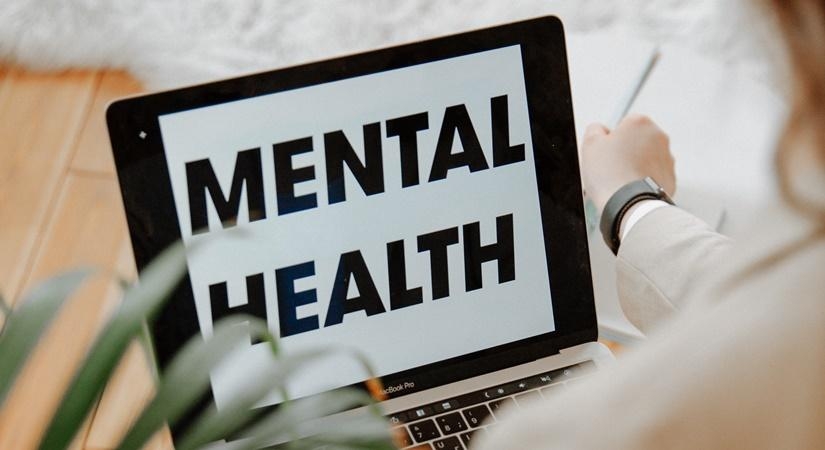Addressing mental health needs and breaking the stigma surrounding psychological issues is essential for the well-being and development of adolescents, according to psychology experts.
Adolescence is marked by rapid physical, psychological, and social changes that can often lead to stress. Studies indicate a rise in stress levels among adolescents, posing a challenge to their mental well-being. Factors such as brain development, hormonal changes, bullying, coping skills, and resilience play a key role in influencing their mental health.
“The effects of bullying leave scars that extend beyond the visible, leading to long-lasting impacts such as anxiety, depression, low self-esteem, and even thoughts of self-harm,” said Prof. Rajesh Sagar, Professor of Psychiatry at AIIMS New Delhi. He emphasized the need for collective efforts from researchers, educators, and health professionals to build resilience and create safer environments for adolescents.
Prof. Sagar was speaking at an event in the national capital aimed at shaping policy recommendations and intervention strategies to support adolescent mental health in India. The discussions focused on equipping young individuals with essential life skills to help them cope with stress and improve their mental resilience.
Prof. Pallab Maulik, Director of Research at The George Institute for Global Health India, stressed the importance of reducing mental health stigma. “India is home to more than 250 million adolescents. For the nation’s future, it is essential to take all necessary steps to improve the psychological well-being of these young individuals, who will lead the country in the coming decades,” he said.
The event also discussed the role of technology and social media, highlighting their potential to provide mental health support while minimizing associated risks.
At a separate event in New Delhi, Dr. Pratima Murthy, Director of NIMHANS, underscored the need for greater awareness and early diagnosis of mental health disorders.
“One in ten people suffer from a diagnosable mental disorder,” said Dr. Murthy, emphasizing that mental health conditions should be recognized as any other health issue. She also noted that advancements in genetics and brain imaging are paving the way for more effective treatments.
–IANS










